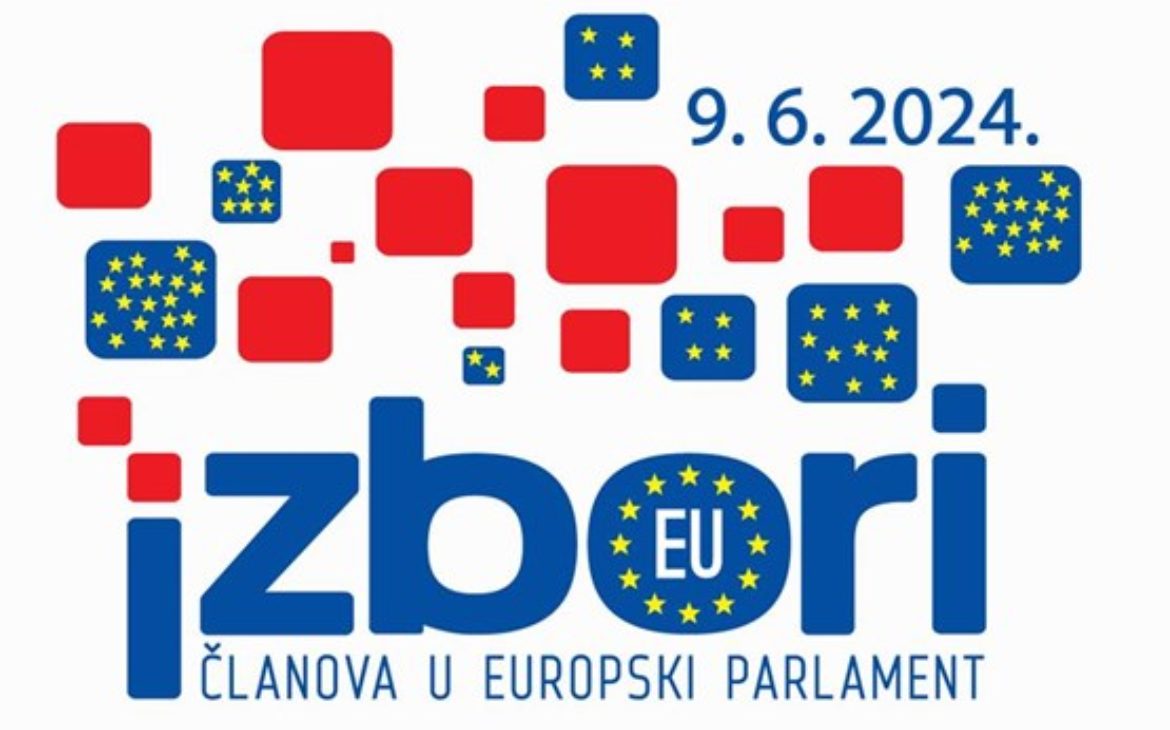The verified statements were mostly inaccurate, with only four being correct.
“Enhancing the culture of fact-checking” is the name of a project conducted by the Croatian Public Relations Association (HUOJ) in cooperation with media professionals from Lider Media and experts from the Faculty of Economics at the University of Zagreb, financed by the European Union.
The project focuses on verifying economic and business information disseminated in public during official election campaigns through social media posts, debates, interviews, and official programs over four election cycles by the five most popular political parties (Možemo, Domovinski pokret, SDP, HDZ, Most).
The second cycle of verification—checking statements during the European elections for representatives who will represent the wishes and interests of Croatian citizens in the European Parliament—covers the period from April 24 to June 9, 2024, during which more than 40 statements from 20 different sources were submitted for further verification and consideration. In the final verification, 13 statements were selected and processed: seven statements from HDZ representatives, one from Domovinski pokret, two from Most, one from Možemo, and two from SDP.
Post-election recapitulation of the specialized research unit for fact-checking after the parliamentary elections resulted in improvements in the information verification process. The initially defined accuracy meter had five decreasing ratings (completely true, partially true, neither true nor untrue, mostly untrue, completely untrue), but to improve the quality and efficiency of measurement and better public understanding, the ratings were reduced to three (true, neither true nor untrue, false). Determining the accuracy or inaccuracy of statements made in public and media space is based on the previously mentioned improved accuracy meter with three scales.
Most of the verified statements were inaccurate, with eight of the processed statements being marked as inaccurate. The remaining statements were marked as true, four out of 13, while one was marked as neither true nor false. Verification results show a different trend than the verification results for parliamentary election statements, specifically a change from a positive trend to a negative one. It should be noted that at the beginning of the official part of the campaign for the European elections, there were fewer statements and activities from political parties compared to the parliamentary elections. In the last week before the official election date, the parties became more active, and their public and media appearances, as well as social media posts, intensified. Due to the lack of available statements for verification as prescribed by the project, the scope was expanded beyond the initially selected media (HINA, HRT, NOVA TV, RTL, Jutarnji list, Večernji list, Novi list, Slobodna Dalmacija, dnevnik.hr, 24sata.hr, dnevno.hr) to include N1 television.

